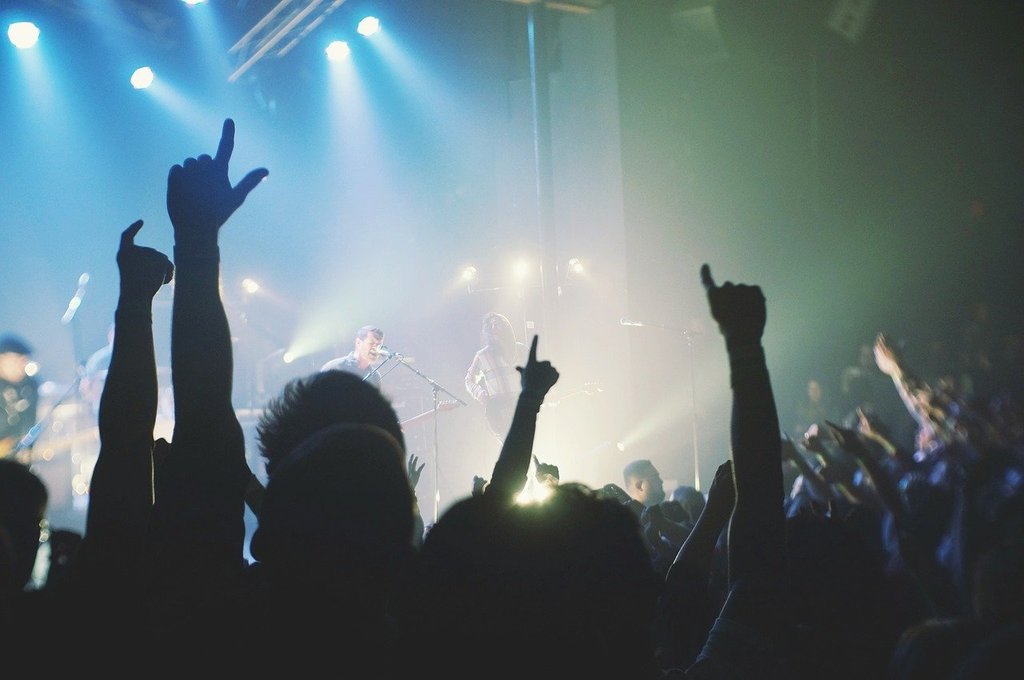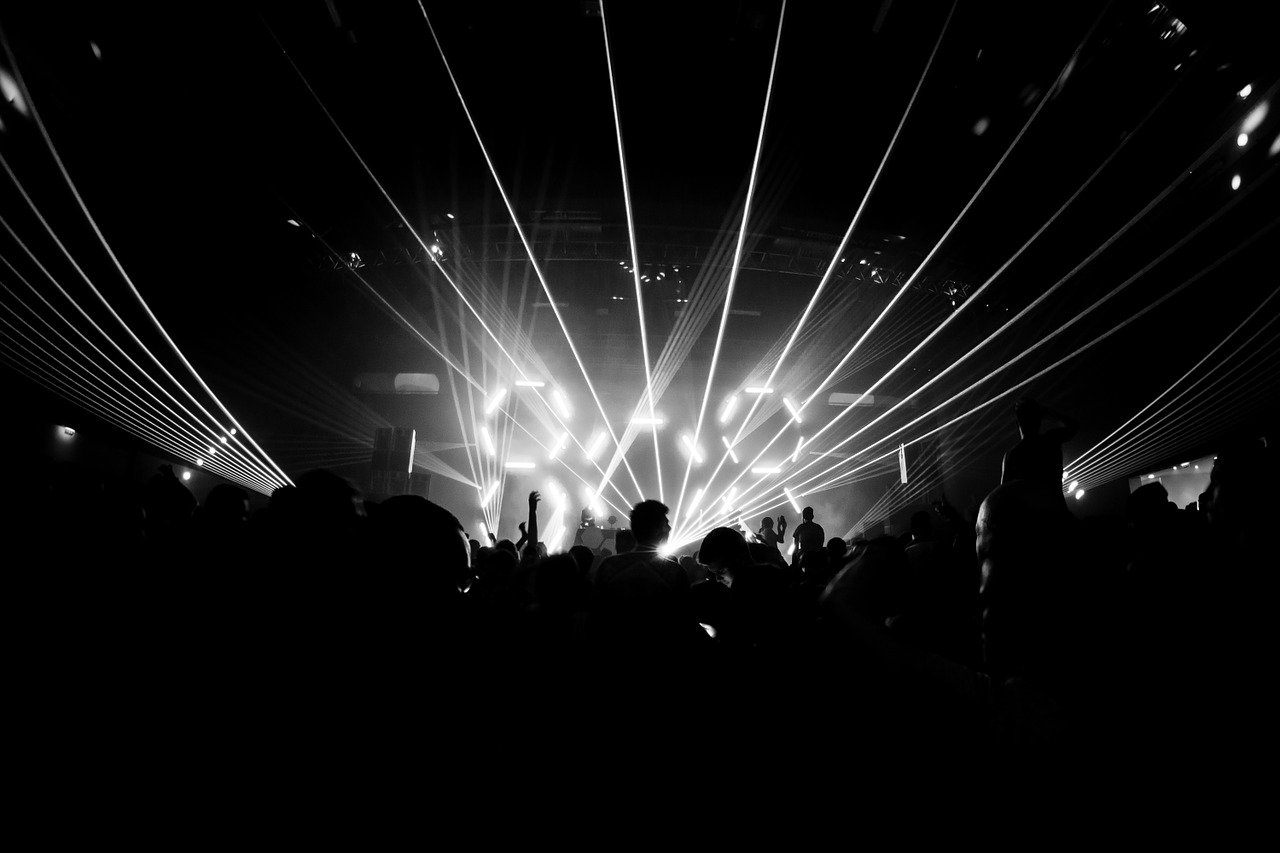The evolution of music events has seen a dramatic transformation in recent years, driven by the relentless march of technology and changing audience expectations. As the world becomes increasingly digital, the way we experience live music is undergoing a revolution. This article explores some of the most innovative ideas shaping the future of music events, focusing on new technologies and creative approaches that are redefining the live music experience.
Transforming Music Events with Cutting-Edge Innovations
One of the most significant changes in the music event industry is the integration of virtual and augmented reality. These technologies are not only enhancing the live concert experience but are also making it more accessible to a global audience. Imagine attending a concert from the comfort of your living room, yet feeling as if you are right there in the crowd. Virtual reality (VR) allows fans to immerse themselves in a 360-degree concert environment, providing an experience that is both personal and exhilarating.
Augmented reality (AR) takes this a step further by overlaying digital information and effects onto the physical world. During a live performance, AR can be used to project stunning visual effects around the stage, creating a dynamic and engaging environment that enhances the overall experience. These technologies are opening up new possibilities for artists and event organizers, enabling them to create unique and memorable shows.

Hybrid Events: bridging the Physical and Digital Divide
Hybrid events are another trend that is gaining momentum. These events combine in-person attendance with virtual participation, offering flexibility and inclusivity. Fans who cannot travel to a concert venue can still enjoy the live performance online, complete with interactive features that make them feel part of the event. This approach not only broadens the audience base but also offers new revenue streams for artists and organizers.
To illustrate the impact of hybrid events, consider a major music festival that traditionally hosts tens of thousands of attendees. By incorporating a virtual component, the festival can reach millions of fans worldwide, providing them with access to live streams, behind-the-scenes content, and exclusive interviews. This blend of physical and digital experiences ensures that the excitement of live music is accessible to everyone, regardless of location.
Enhancing Fan Engagement Through Technology
The use of technology to enhance fan engagement is another innovative idea shaping the future of music events. Social media platforms, mobile apps, and live streaming services are playing a pivotal role in connecting artists with their audiences. For instance, live streaming concerts on platforms like YouTube, Twitch, and Facebook Live allows fans to interact with artists in real-time through comments and live chats. This real-time interaction creates a sense of community and intimacy that was previously unattainable.
Mobile apps are also transforming the concert experience by providing fans with personalized content and interactive features. These apps can offer real-time updates, exclusive content, and augmented reality experiences that enhance the overall event. Fans can use these apps to participate in polls, request songs, and even interact with other attendees, creating a more immersive and engaging experience.
New Revenue Models for Artists and Organizers
As the music event landscape evolves, so do the revenue models for artists and organizers. Traditional ticket sales are being supplemented with new revenue streams, including virtual tickets, exclusive online content, and merchandise sales. By leveraging digital platforms, artists can monetize their performances in innovative ways, reaching a wider audience and generating additional income.
One emerging trend is the use of blockchain technology and cryptocurrencies to facilitate transactions and ensure transparency. Blockchain can be used to create digital tickets that are secure and verifiable, reducing the risk of fraud and scalping. Additionally, artists can use cryptocurrencies to receive payments from fans directly, bypassing traditional financial intermediaries and reducing transaction fees.
To summarize some of these innovative ideas:
- Virtual and augmented reality are transforming the live music experience.
- Hybrid events combine physical and digital participation, broadening audience reach.
- Technology enhances fan engagement through live streaming and interactive apps.
- New revenue models, including blockchain and cryptocurrencies, are emerging.
Future Trends in Music Events
Looking ahead, the future of music events is likely to be shaped by continued technological advancements and evolving audience preferences. As 5G networks become more widespread, we can expect even more seamless and immersive virtual experiences. Additionally, the integration of artificial intelligence (AI) and machine learning will enable personalized recommendations and enhanced interactivity, making each concert experience unique.
Another exciting development is the potential for holographic performances. Imagine attending a concert where your favorite artist appears on stage as a lifelike hologram, delivering a performance that is almost indistinguishable from the real thing. This technology could revolutionize live music, allowing artists to perform in multiple locations simultaneously and providing fans with unforgettable experiences.
The future of music events is undoubtedly bright, with endless possibilities for innovation and creativity. As artists and organizers continue to embrace new technologies and explore new formats, the live music experience will become more dynamic, inclusive, and engaging than ever before. The journey ahead promises to be an exciting one, filled with groundbreaking ideas and unforgettable moments.
